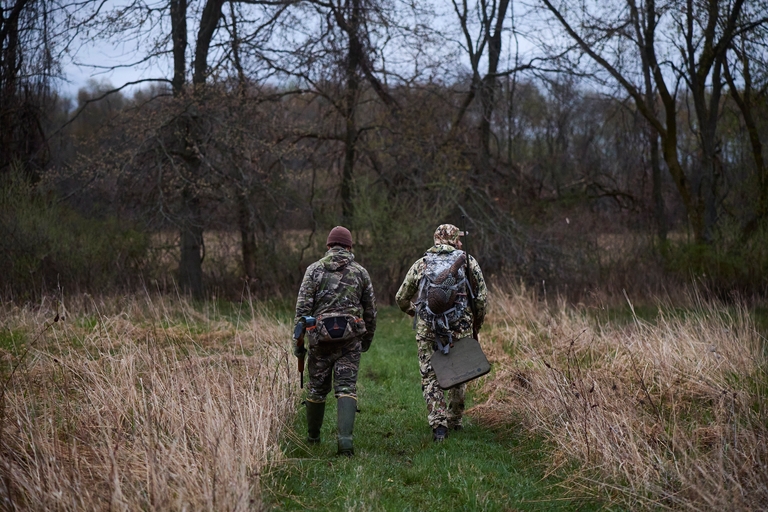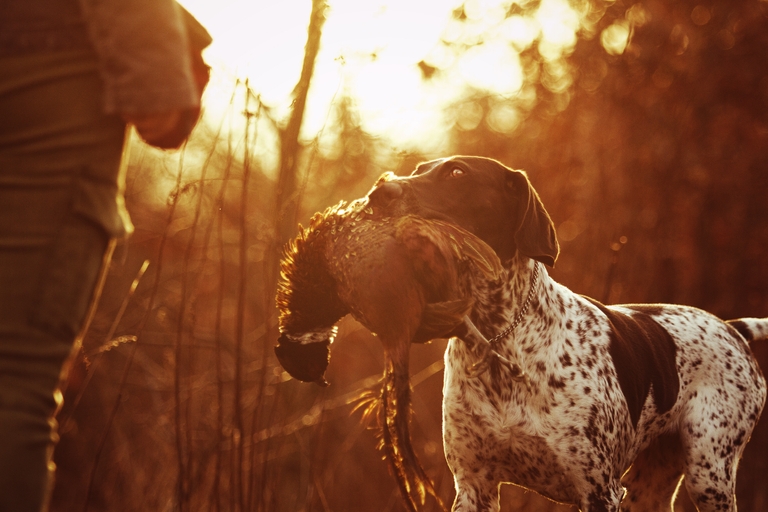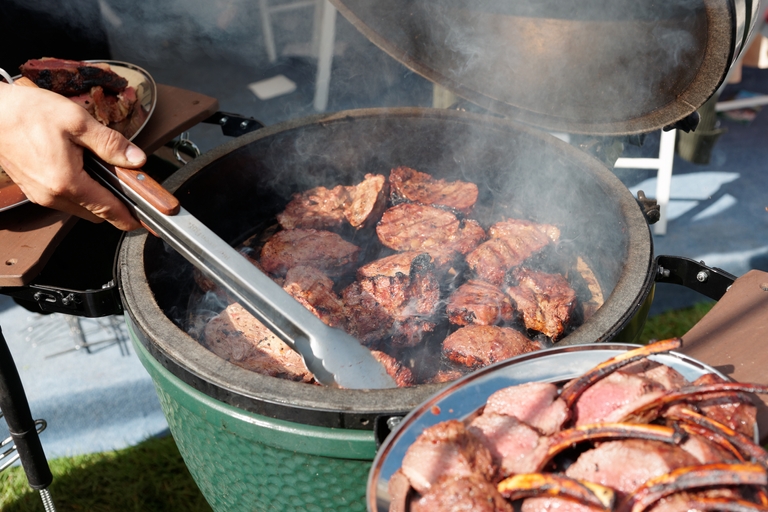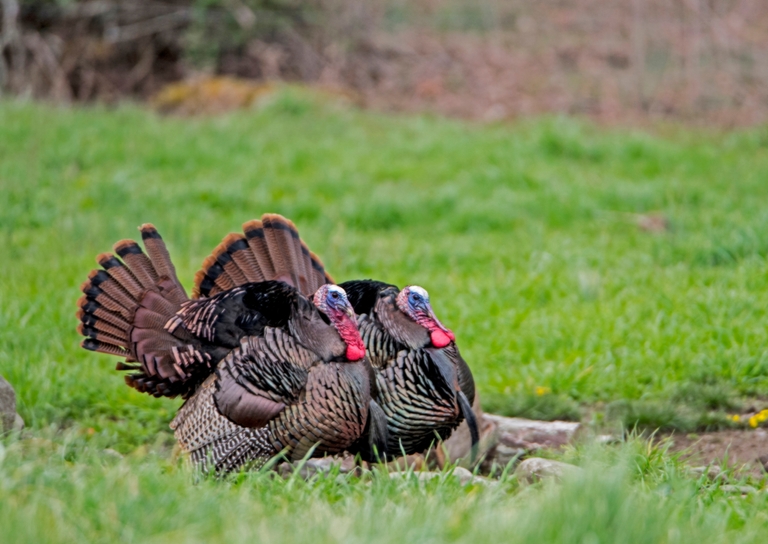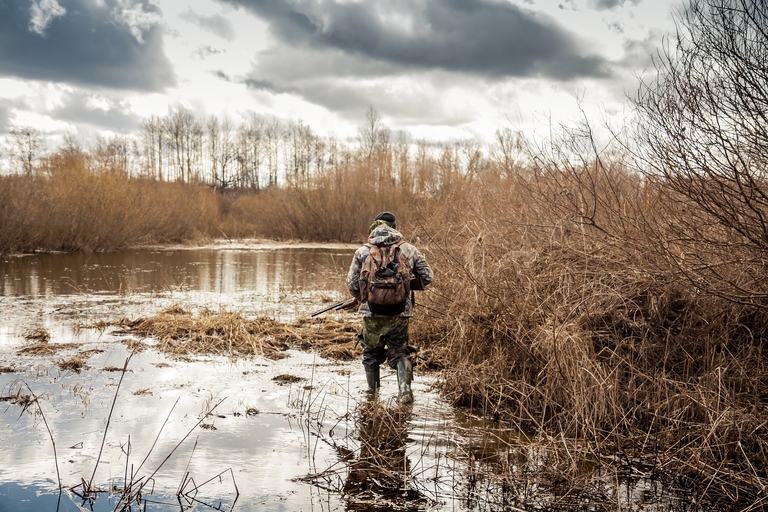How to Get Into Hunting: A Step-by-Step Guide [12 Steps]
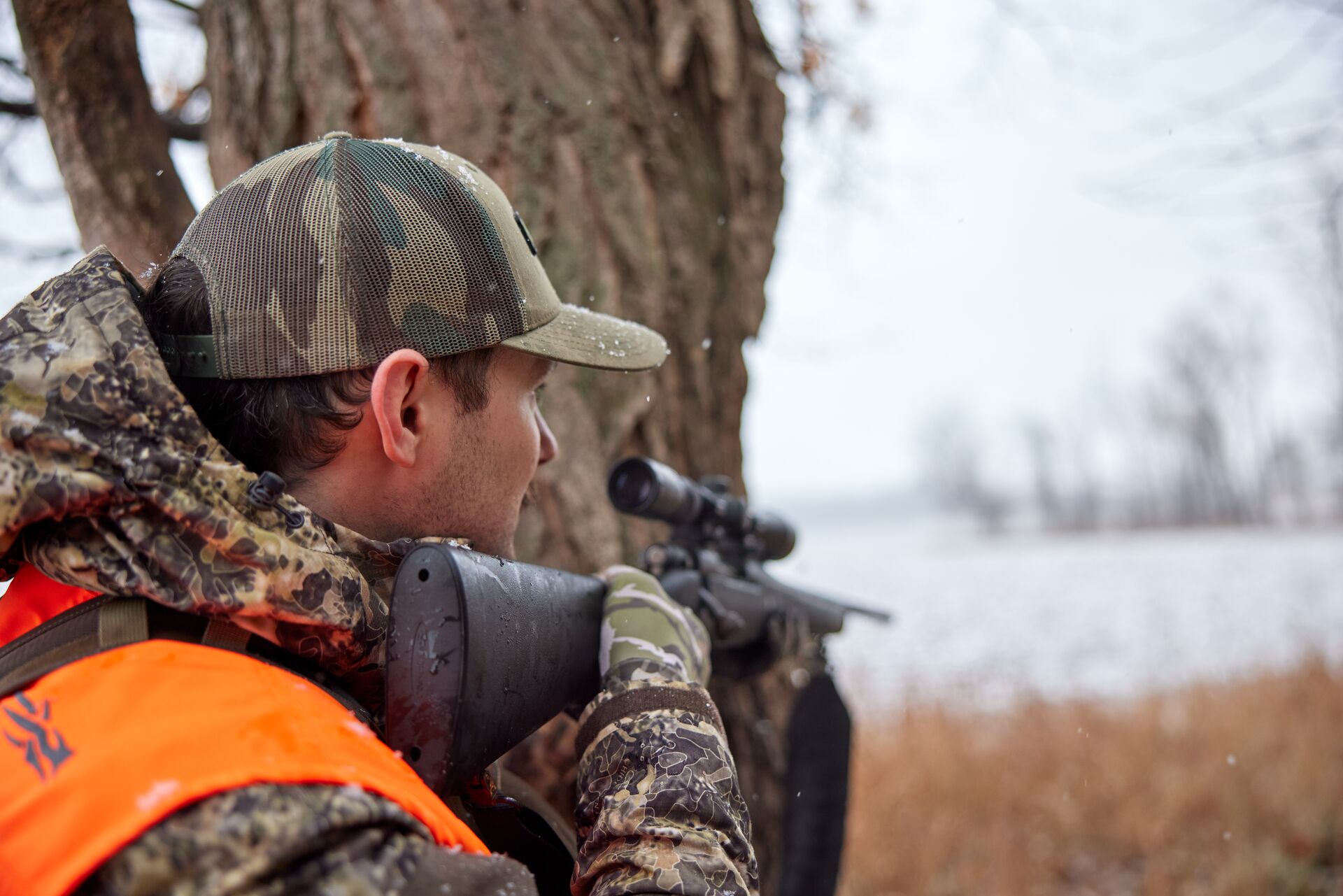
Everyone knows that hunting is about the meat, right?
Sure. But it's also about bonding with family and friends, connecting with nature, and honing your outdoor skills.
If you're ready to learn how to get into hunting, this 12-step guide is your first step. Check out our guide to start hunting!
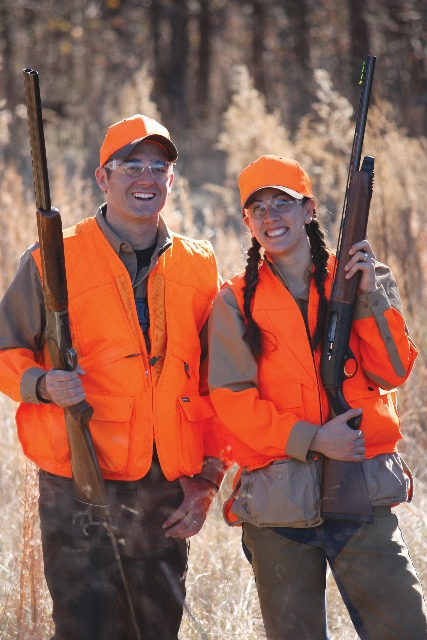
1. Understand the Basics of Hunting
Some things are true no matter what you're looking to hunt. As you consider getting into hunting, think about the basics and why you want to hunt.
Here's why I (and many hunters) hunt:
- Connection to nature: Time spent outdoors has given me an appreciation for wildlife and conservation.
- Sustainable food source: Hunting provides my family with organic, hormone-free meat.
- Personal fulfillment: The ups and downs of hunting are deeply satisfying.
You'll also want to consider what you want to hunt and then study the skills required for different types of game.
For example, small game like rabbits and squirrels are great for beginners. Then, big game, like deer, elk, and moose are all popular with more experienced hunters. Duck hunting is exhilarating, and turkeys pose a real challenge.
And, of course, when understanding the basics of hunting, learn local hunting laws and ethical practices to stay compliant and respectful of wildlife.
2. Research Local Hunting Regulations
Familiarize yourself with the specific requirements for your area. You'll need to know what licenses and permits you need, where to get them, and the total costs.
Check and make sure that you know what seasons are open. Additionally, many states require hunter education courses, which will tell you where and when you can target the game you're after.
Every state is different, so use resources like Hunter-Ed to find the course tailored to your state.
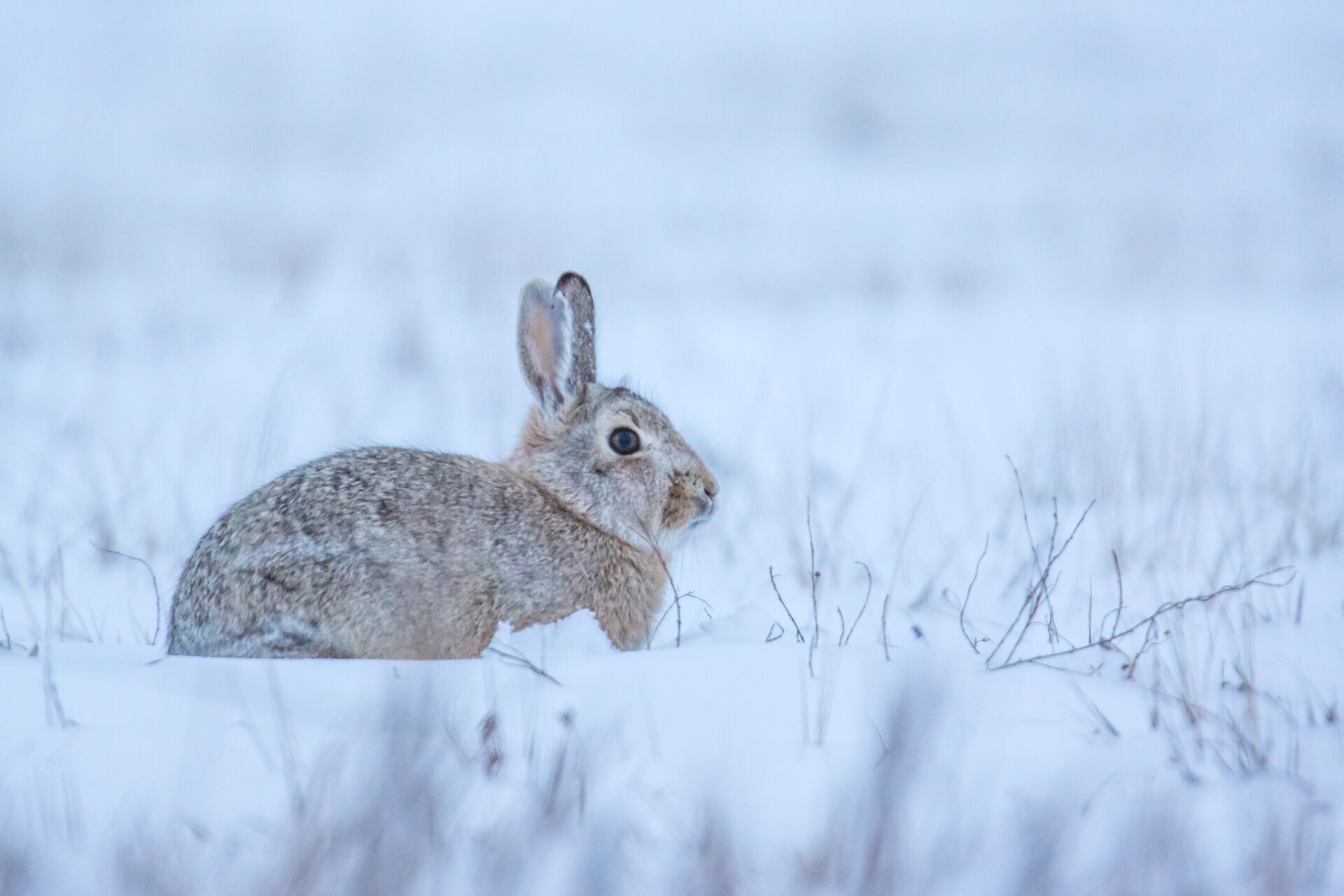
3. Choose Your First Target Game
Again, beginner-friendly options like squirrels or rabbits are a great way to go on your first hunt. They are easy to clean, require less specialized gear, and offer shorter hunting trips.
Local availability and hunting seasons vary, so look those up and research the gear you'll need.
4. Learn Hunting Techniques
Learning how to start hunting requires preparation and practice.
Start with:
- Scouting: Learn to spot tracks, bedding areas, and food sources.
- Shooting practice: Practice with your weapon often. Use local ranges or set up safe backyard practice areas.
- Calling and decoys: Learn to use simple game calls and decoys.
Honing your technique prepares you for the chance to take an animal.
5. Get the Right Gear
Gear selection can feel overwhelming for beginners, but start with the essentials.
A bow or firearm, comfortable clothing, and reliable boots are your must-haves. Accessories like binoculars, game bags, and field dressing tools are helpful, but you can't hunt without a bow or firearm and clothes.
Pro-tip: Don't be afraid to rent or borrow things when learning.
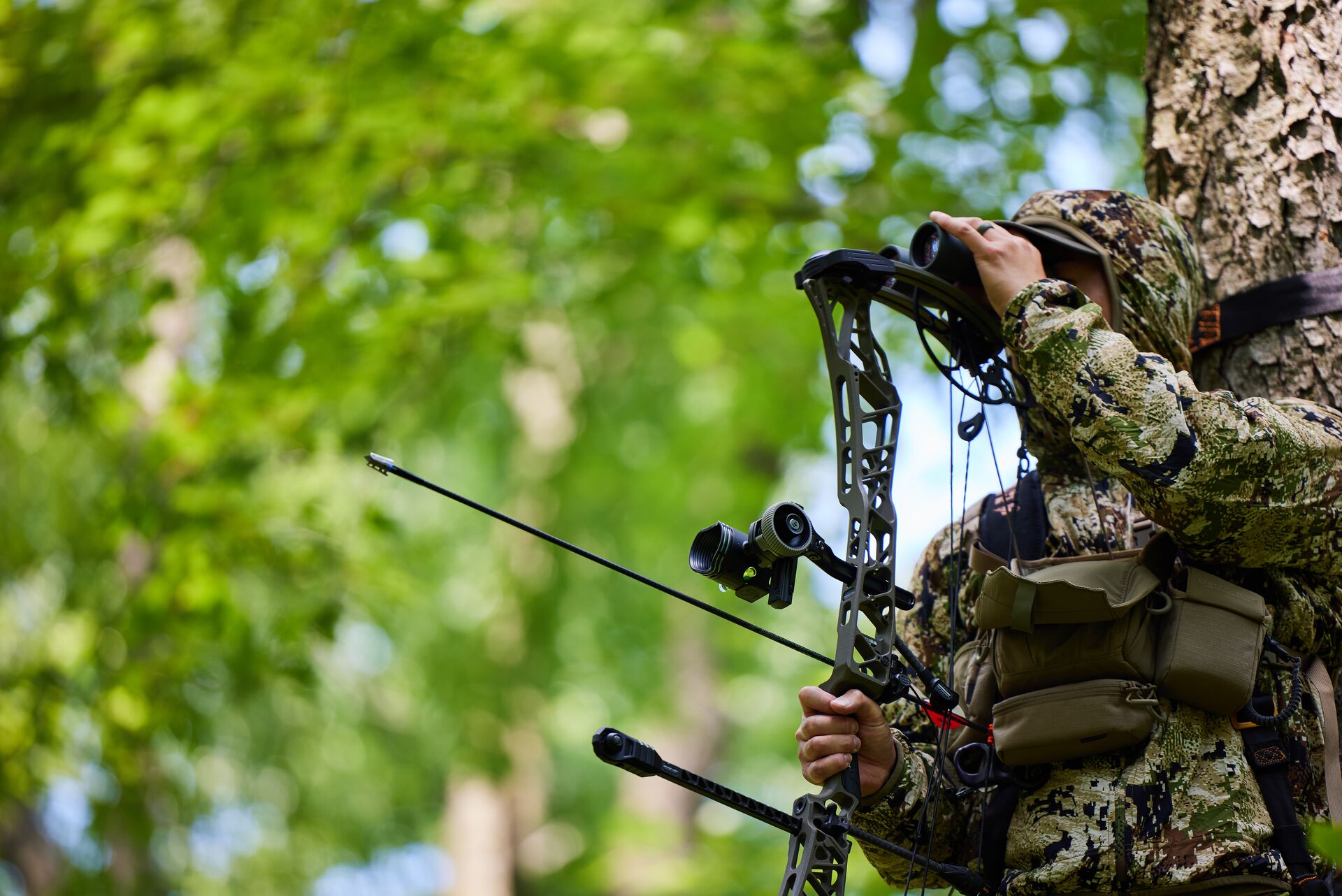
6. Choose Your Firearm or Bow
Your weapon depends on the type of game you're pursuing.
Here's what to consider:
- Rifles: Best for big game like deer, elk, and moose. Choose a caliber appropriate for the animal, such as .270 for deer or .300 Win Mag for elk.
- Shotguns: Ideal for waterfowl or turkey hunting, with options like 12-gauge being versatile.
- Bows: For those drawn to archery, select a bow with a manageable draw weight and practice extensively to ensure accuracy.
Make sure you pair your weapon with the correct ammunition, arrows, or broadheads, and practice regularly to build confidence and accuracy.
7. Find a Mentor or Hunting Community
Having guidance from a seasoned hunter is an excellent way to learn how to start deer hunting.
Join a nearby hunting club or online community to meet experienced hunters with local knowledge. One might even let you tag along on a hunt to gain hands-on experience.
Hunting apps can also help you get local tips and find the best public land to hunt.
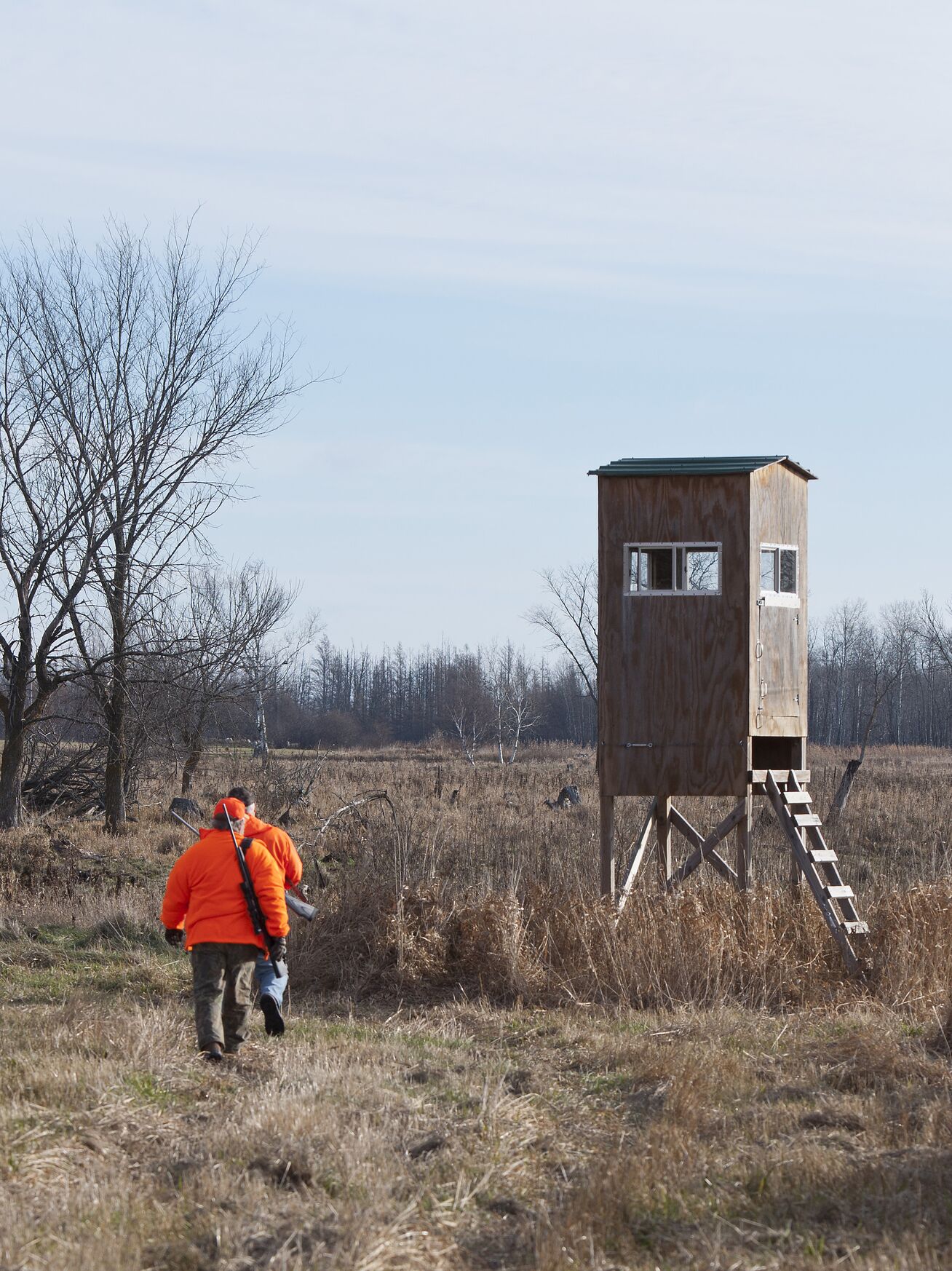
8. Scout and Prepare Your Hunting Area
Understanding your local environment by studying maps to look for natural feeding areas, funnels, water sources, and bedding locations. Trail cameras are invaluable when scouting the types of animals in your area, their patterns, and the best times to hunt.
Rules aren't the same for public and private land. Be sure you know land access rules and get permission where needed. I use HuntWise to plan my hunts. It's an app that makes it super easy to find property lines and mark my finds when scouting.
9. Practice Ethical Hunting
There are no refs when hunting, so be the hunter you'd be proud to know.
Aim for quick and humane kills by targeting vital areas. Always follow the imposed bag limits. Ethical hunters prioritize using as much of the harvested animal as possible, minimizing waste, and showing respect.
10. Learn About Field Dressing and Processing Game
Field dressing is a skill every hunter needs. Promptly removing internal organs prevents spoilage and makes transportation easier.
Once processed, storing the meat is essential. I use a cooler in the field, tilted with the plug loose. Then, I use vacuum-sealed bags at home for the freezer.
Try to use as much of the animal as you can. Grind that rib meat, and make use of that neck!
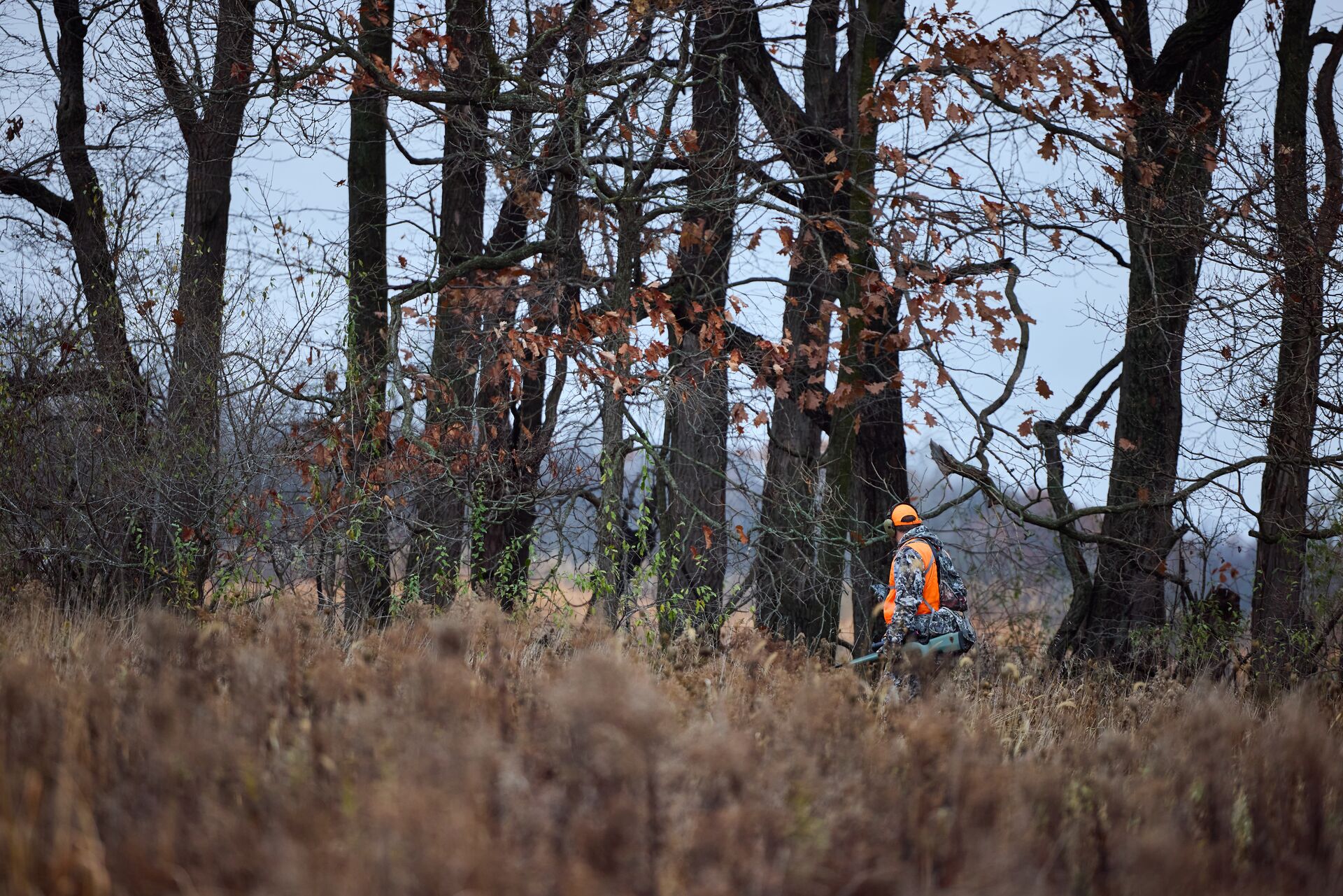
11. Build Experience and Improve
Learning to hunt starts by knowing how to learn. Start by recording each hunt's successes and challenges in a journal to make observations and improve.
Find classes on tracking, survival skills, or specialized hunting techniques. As you gain confidence, take that hunting trip, buy that duck blind, and call in that turkey. Remember, each hunt offers an opportunity to grow as a hunter.
12. Start Small and Stay Safe
Learning to hunt is about enjoying the experience and staying safe. Success almost certainly won't come on your first hunt, but the learning process is part of the fun. Just remember to follow all gun safety rules, know your surroundings, and carry a first-aid kit.
Hunting is a life-changing journey. You'll learn to connect with nature and other hunters, creating unbreakable bonds and lifelong memories. Meat is "a" reason we hunt, but it isn't the only reason.
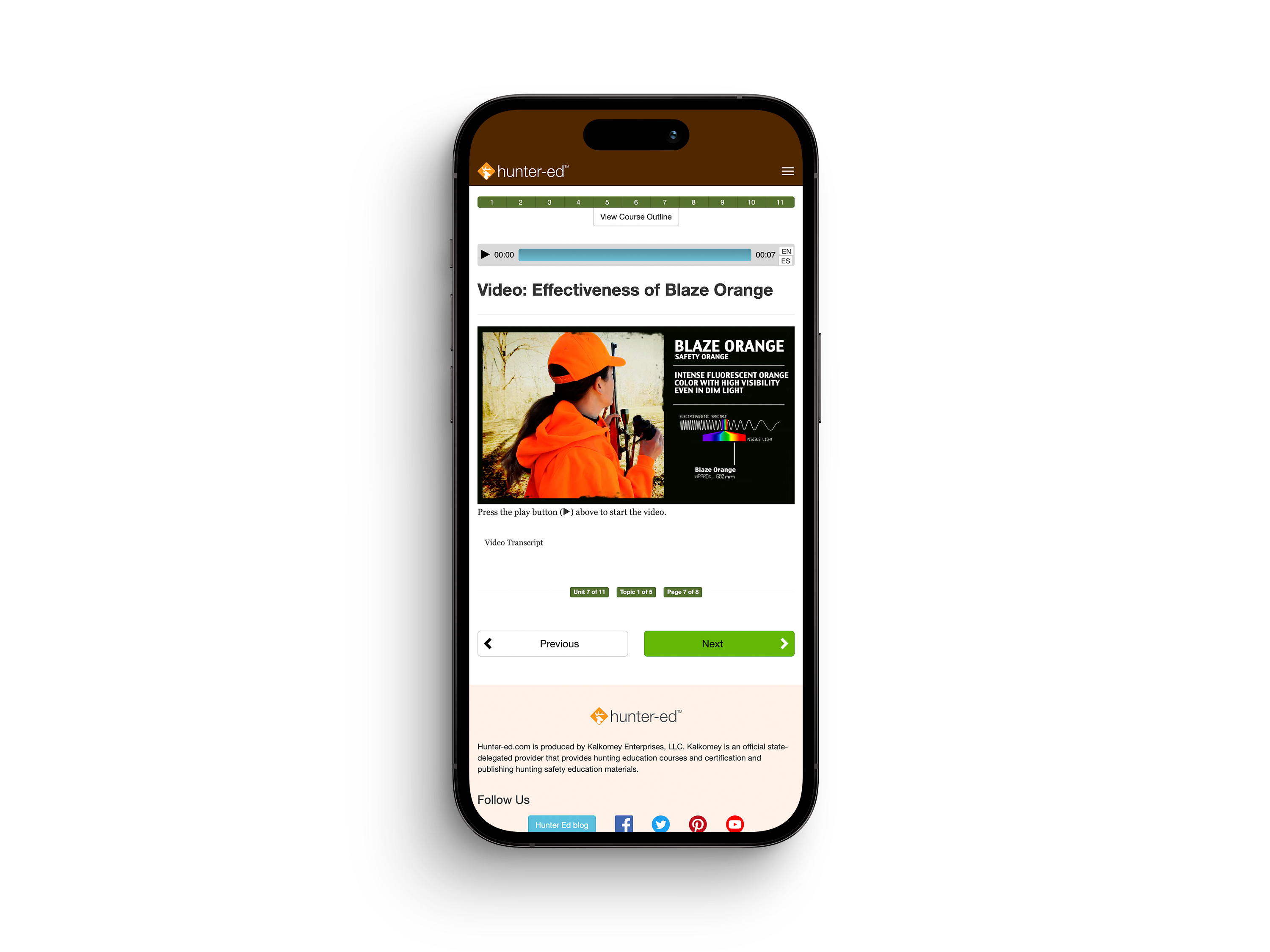
Learning to Hunt Safely Starts with Hunter-Ed
Hunting is a timeless pursuit that rewards skill, patience, and a deep appreciation for nature. Exploring the twelve steps above is a sure-fire path to the personal growth that comes with being a hunter.
Learn how to get into hunting today by enrolling in an interactive Hunter-Ed course to get the skills needed to become a safe and successful hunter. Our online courses teach you the essentials about hunting safely and meet state requirements for hunter education — in addition to an in-person field day session also required by some states.
Getting started is easy! Click to find the course for your state, register, and then start learning. Plus, our online study guides are free!
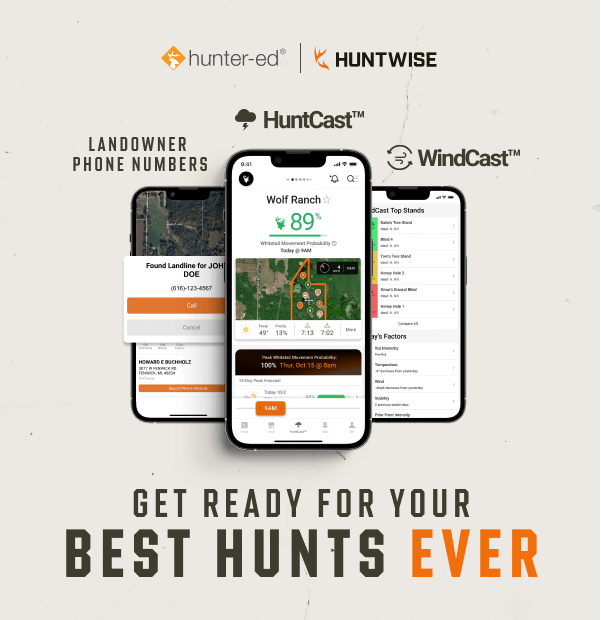
We mentioned that HuntWise is an excellent tool to help you learn how to get into hunting.
We're excited to offer you a free 30-Day Free Trial of the HuntWise hunting app after completing your Hunter-Ed course!
After taking the course and passing your final exam, you're eligible for this free trial. Simply return to your Hunter-Ed account and redeem your offer!

